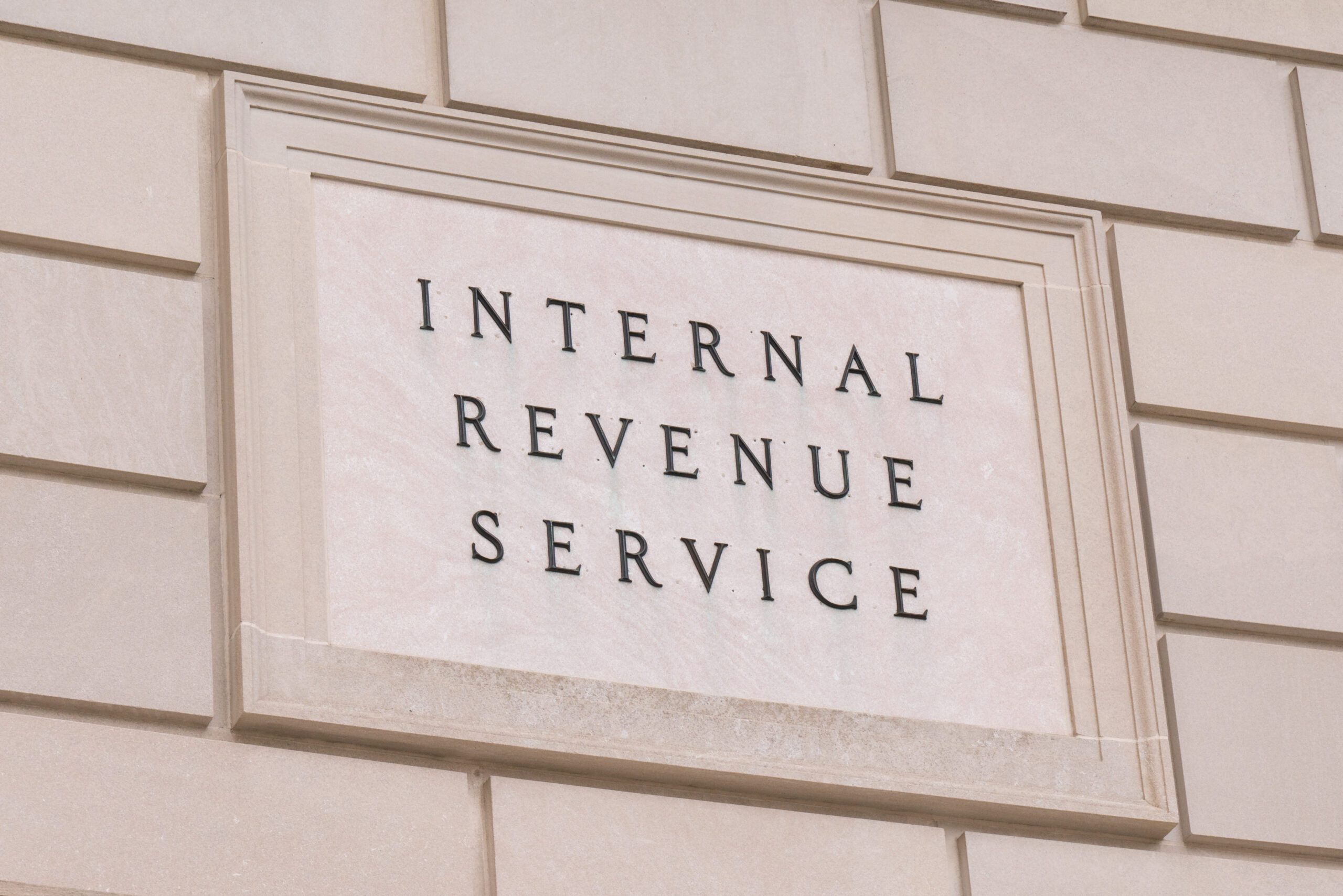
The IRS sends notices and letters to taxpayers throughout the year, but following the April deadline, there’s often an increase in communication. If the IRS has questions or needs to alert you about a change to the tax return you filed, you’ll get a notice or letter in the mail.
Do not panic if you get a notice or letter from the IRS. Make sure you open the notice or letter and read it carefully. Some notices are informing you of changes and there’s no further action for you to take. Others, though, you will need to follow up on in a timely fashion.
The more common notices that you need to respond to are:
- Notice CP2000
- What it is: Proposed tax/income increases
- What you need to do: Review the notice to determine if the missing income needs to be reflected in an amended return or if you disagree with the proposed changes. If you are working with a CPA, like the experts at Corrigan Krause, it’s likely best to reach out to your tax pro to determine what the most effective way to connect with the IRS will be. Otherwise, read more about Notice CP2000 response here.
- 12C Letter
- What it is: Request for confirmation of missing payments/other income documents
- What you need to do: Respond to this notice and provide the requested information. Usually, you can fax the IRS your missing documents, but it’s best to work with your CPA as clearing this notice can take a while. Read more about responding to your 12C Letter here.
- 5071C Letter
- What it is: The IRS suspects that a fraudulent return has been filed with your social security number
- What you need to do: It is imperative that you respond and verify your identity with the IRS to confirm the legitimacy of the return. Often times, this becomes an ID Verification process and you’ll need this letter in order to verify your identity. Your CPA can be a big help navigating this process. If you’re handling this on your own, here’s more information on what to do when you receive a 5071C Letter.
Steps to Take When You Receive a Letter or Notice from the IRS
Regardless of the type of notice, there are steps you should take when you receive any communication from the IRS:
- Read the letter or notice carefully.
Most IRS letters and notices are about federal tax returns or tax accounts. Each notice deals with a specific issue and includes any steps you may need to take.
- Review the information in the letter or notice.
If a letter is about a changed or corrected tax return, you should review the information and compare it with your original return. If you agree with the changes or corrections, make note on your personal copy of your tax return and keep it for your records. Typically, you will only need to respond to a notice like Notice CP2000 if you don’t agree with the information, if the IRS asked for more information, or if you have a balance due.
- Take any requested action, including making a payment.
If you have a balance due, be aware that the IRS and authorized private debt collection agencies send letters by mail. If you have any questions about the balance on these letters, you can view digital copies of select IRS notices by logging into your IRS Online Account. Do not ignore a tax bill or panic if you feel you cannot pay it. The IRS offers several options to help if you are struggling to pay a tax bill.
- Only respond to the IRS if you are instructed to.
There is usually no need to call the IRS to tell them you got their letter or notice. If you do need to call the IRS because you were specifically asked to in the letter you received, use the phone number in the upper right-hand corner of the notice and have a copy of their tax return and letter.
- Let the IRS know of a disputed notice.
If you don’t agree with the IRS about changes, corrections, a balance due, etc., follow the instructions in the notice you received to dispute what the notice says. Include information and documents for the IRS to review when considering the dispute.
- Keep the letter or notice for your records.
Keep notices or letters you receive from the IRS. These include adjustment notices when the IRS takes action on your account. Keep records for three years from the date they filed the tax return.
- Watch for scams.
The IRS will never contact you using social media or text message. Do not pay anyone over the phone who called you demanding payment for a tax bill you’re not aware of. The first contact from the IRS usually comes in the mail. Taxpayers who are unsure whether they owe money to the IRS can view their tax account information on IRS.gov.

